Patagonia is mostly known for its famous mountains, but you’ll also find a fair share of stories being told about the notorious weather. And indeed it’s not uncommon to experience four season within one day. Rain, sun and clouds often create unique moods, that we photographers love so much. But what if you’re facing a ridge of high pressure and clear skies?
Well, since we had gone on an eight week trip through Patagonia chances where high that we would have at least a few days with cloudless skies and so I had thought about my options before. Considering the fact that the southern hemisphere offers some of the clearest night skies, it was obvious that I would have to give nighttime photography a try. I was particularly interested in those twilight images of the milky way or a starry sky, still showing detail in the foreground – digital blending of exposures was the way to go.
It was one of those clear days when we reached Parque Nacional los Glaciares. It had been raining during the past days on our way through northern Patagonia and so, although I had been hoping for dramatic skies above Fitz Roy and Cerro Torre, I was quite happy with the sunshine. I knew that it was only a matter of time until the next storm would bring some funky clouds and so I decided to give mountains-in-twilight-with-starry-sky-photography a try in the first night.
After a few hours of sleep we left our cosy sleeping bags again and got ready to return to the location we had scouted the evening before. We sneaked out of our hostel and soon we were driving past the last street lamp of the small town El Chaltén continuing into the pitch black night. After a short drive we left the car somewhere along the road and started walking through low bushes in the direction were I had left my tripod after sunset – luckily I had no problems retrieving the location. I clamped my camera back on, set focus, double checked the settings and was good to go.
The final image is a blend of three exposures (see below), showing the whole Fitz Roy Range (including Cerro Torre and of course Fitz Roy in the middle). Once again, the Rio de las Vueltas canyon provided a nice foreground. The lights below the mountains come from the little town El Chaltén and the big “star” you can see a bit right of the center is our neighbouring planet Mars.
Cañadon del Rio de las Vueltas
Parque Nacional los Glaciares
Patagonia
Argentina
Canon EOS 5D Mark II
Canon EF 17-40mm f/4L USM @ 23mm
for exposure details see “Processing”
Gitzo GT1541T
26. February 2012
Night
3 exposures blended in PS:
- stars* (ISO 3200, f/4, 30 sec.) *The brightest star in the image is actually not a star but a planet: Mars.
- mountain range and sky (ISO 100, f/8, 30 sec.)
- foreground (ISO 100, f/8, 512 sec.)
I used the second exposure as a base and after processing it I added the stars with the help of the “screen” blending mode. The foreground exposure was manually painted in. The flattened result (also flat in contrast) was brought back into LR to add some contrast and punch and for final processing.
Related Posts
Kabru’s Awakening
03/10/2013
Dawn of the Apocalypse
04/01/2013
Berserkjahraun
17/12/2012
Morning Stroll
01/05/2012
Related Posts
Into the White
26/11/2020
Kabru’s Awakening
03/10/2013
Scorched Paradise
04/06/2012
Total Lunar Eclipse
16/06/2011
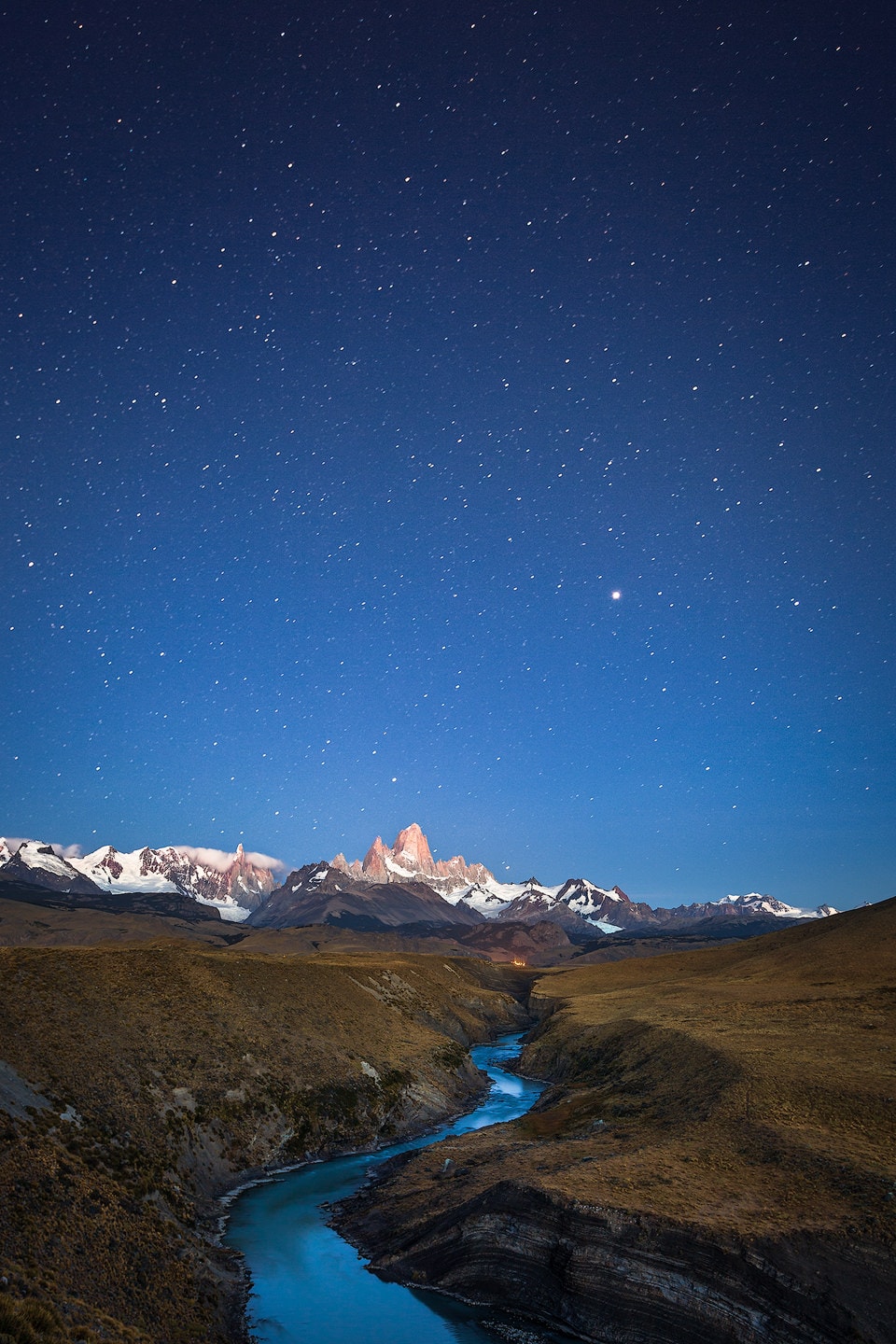
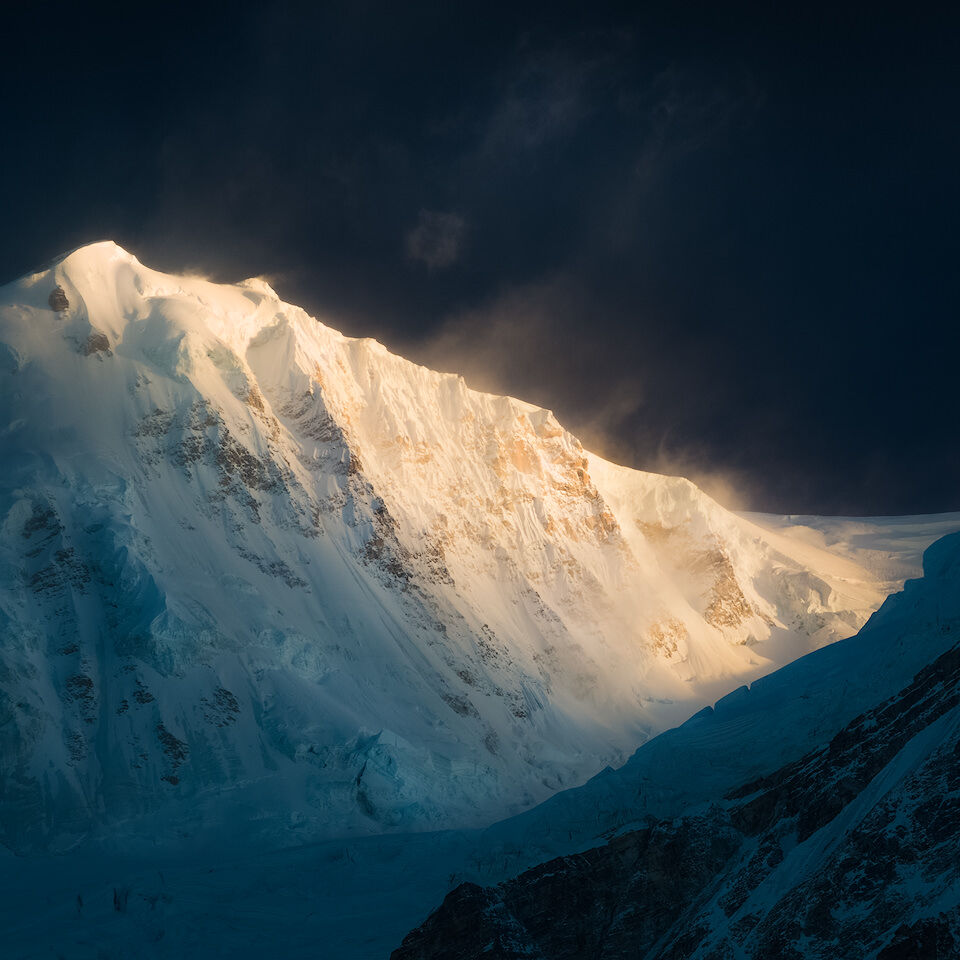
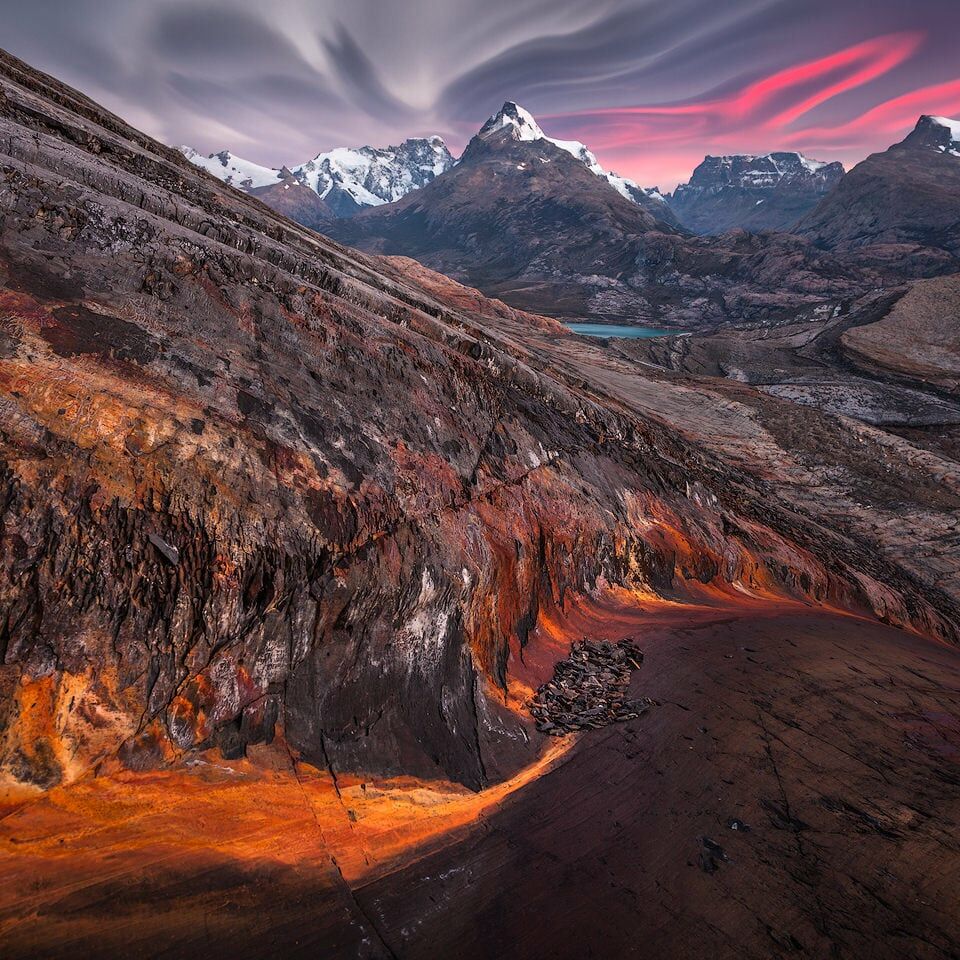
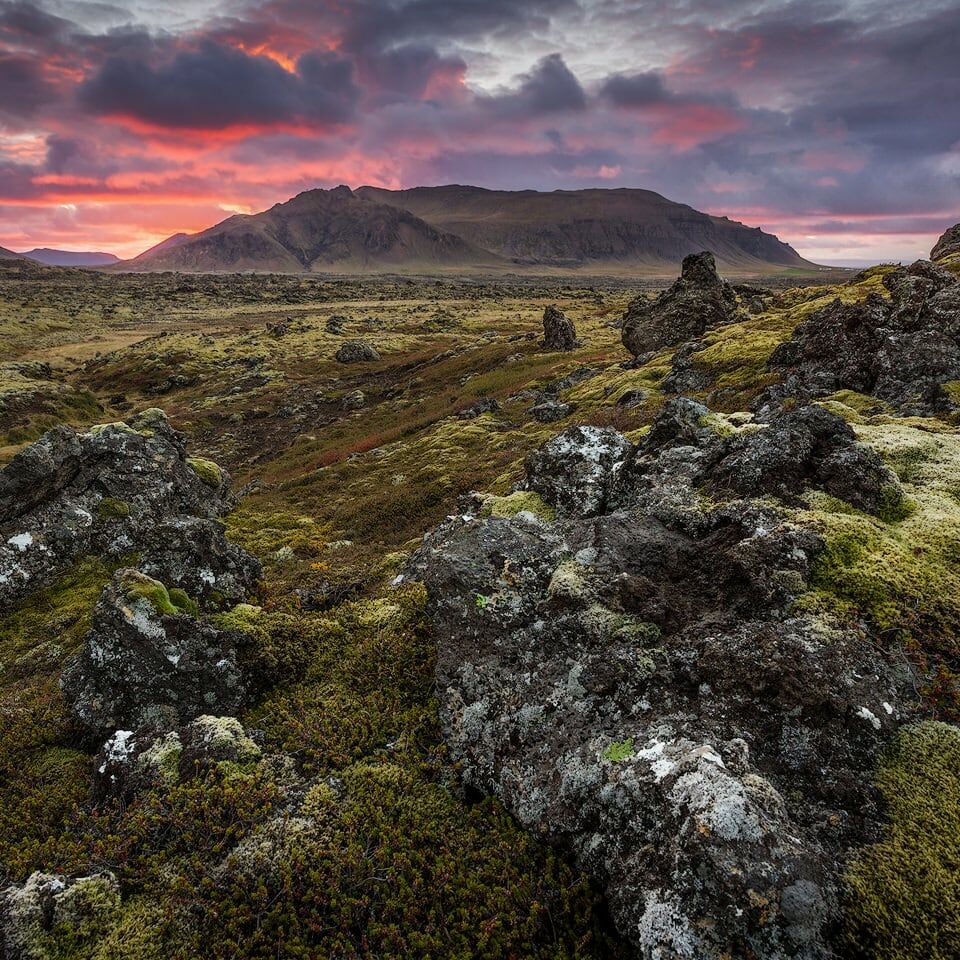
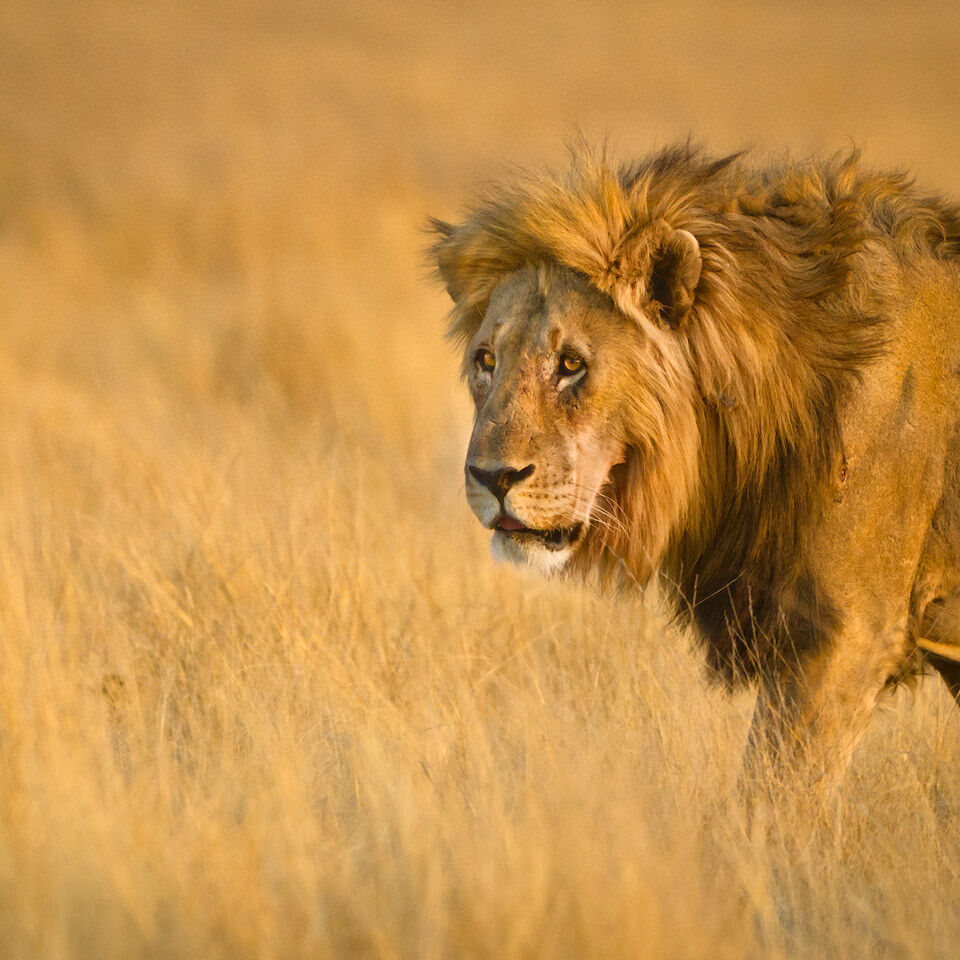
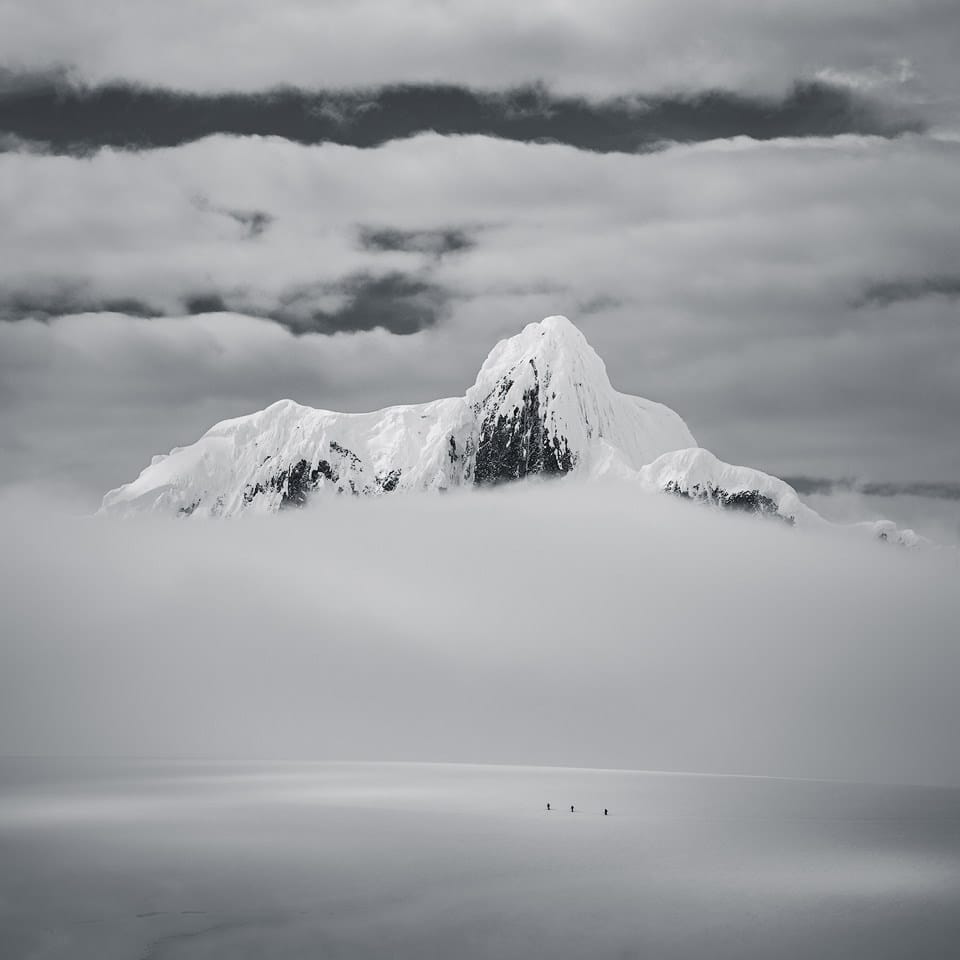
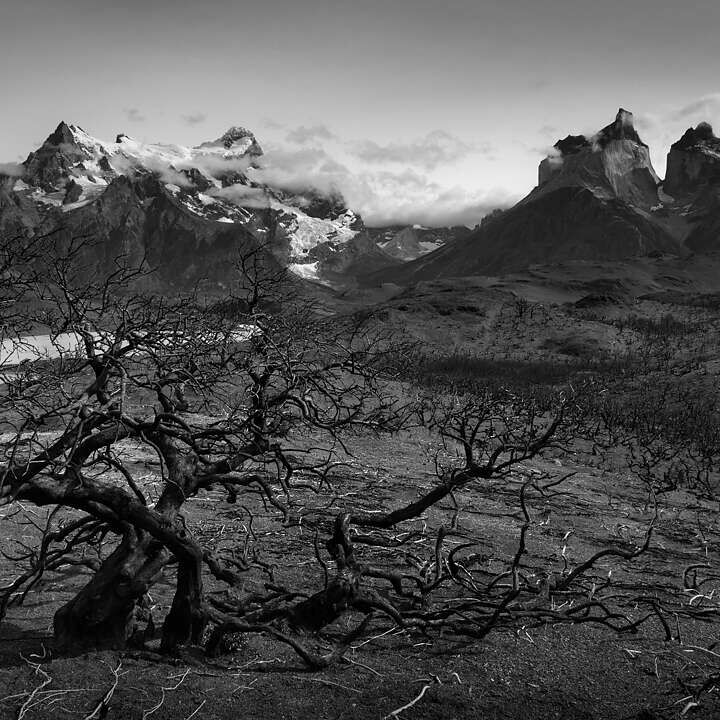
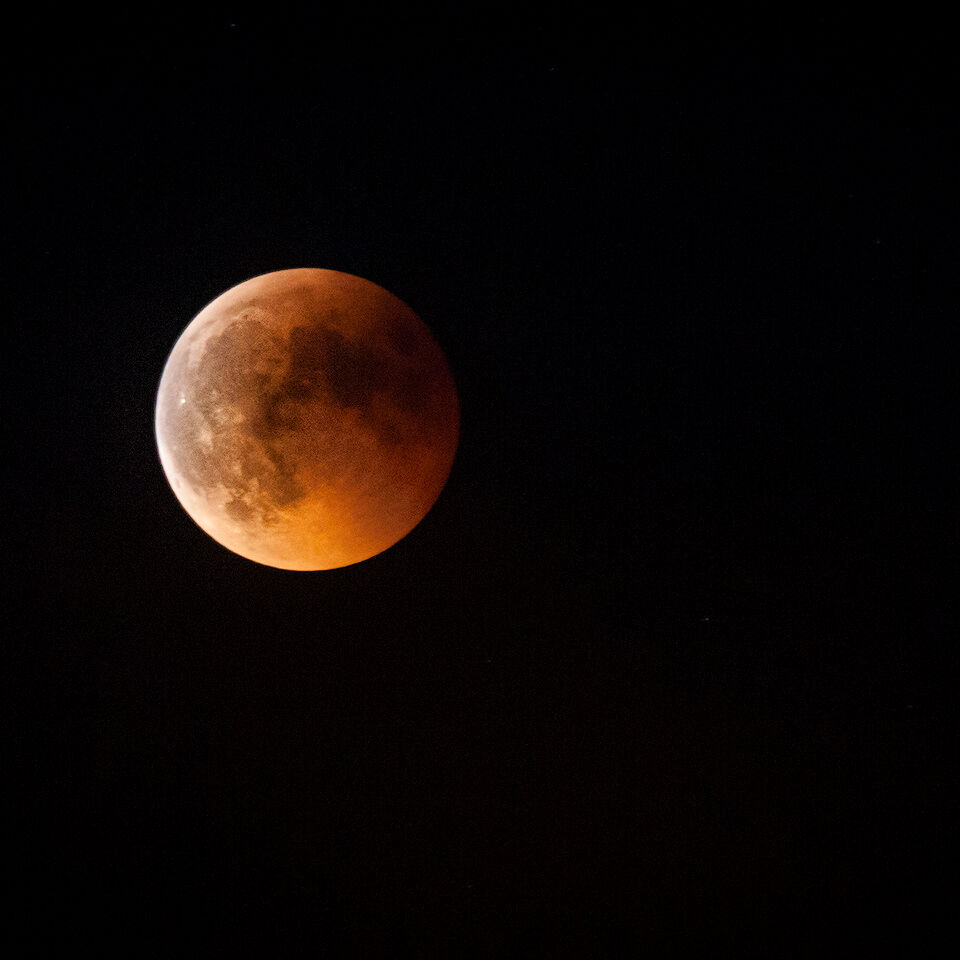
Have you any more from Patagonia.
Incidentally I spent 6 months in El Chalten. There's a few of mine here:
http://www.waddingtonphoto.com
there’s a lot more from Patagonia here on my blog. check out this link: https://www.joergbonner.net/places/south-america/patagonia/
had a look at your’s, too – seems like you had productive 6 months down there ????